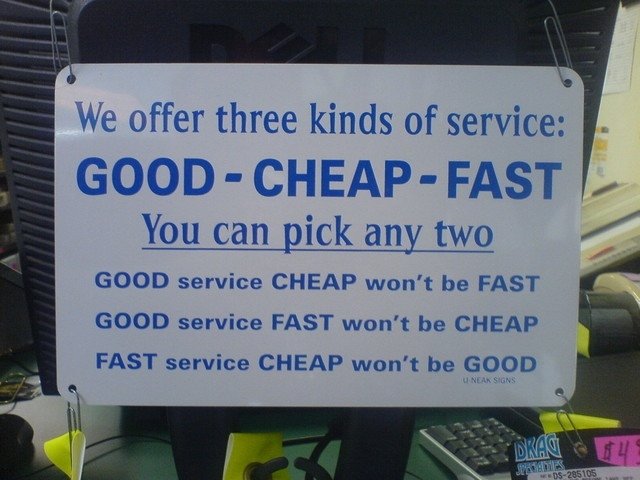Comparing memory
Don't compare hosting by raw specs, compare the service level. In case you still want to compare RAM, please mind:
At first glance, fortrabbit PHP memory values might seem small compared to VPS memory resources. However, fortrabbit's App memory is only used for the PHP/FPM runtime, whereas the VPS memory is used for lots of things.
To explain this best, let's take a look at what you would do with the VPS with 512 MB of memory. Assuming you would want to run a website, which uses a MySQL database and Memcache. You would start an Apache webserver (or NGINX or the like), then start your PHP/FPM processes, then your MySQL database and your Memcache. All those services would consume parts of your VPS memory. Aside from Memcache, you would be hard pressed to set specific size limit to each of the services, so it would be: first come, first serve.
With fortrabbit Apps, you have a complete isolation of all services: You have a dedicated amount of memory for your PHP/FPM runtime. Apache, Memcache and MySQL run on different Nodes with their own resources. For Apache and MySQL you simply need not care about memory (we do) while for Memcache you can choose a plan which fits your needs.
The great advantage of our concept is that you can scale each resources as you require and can be assured that they do not "steal" from each other nor conflict nor interfere in any other way - as they would on a VPS.
